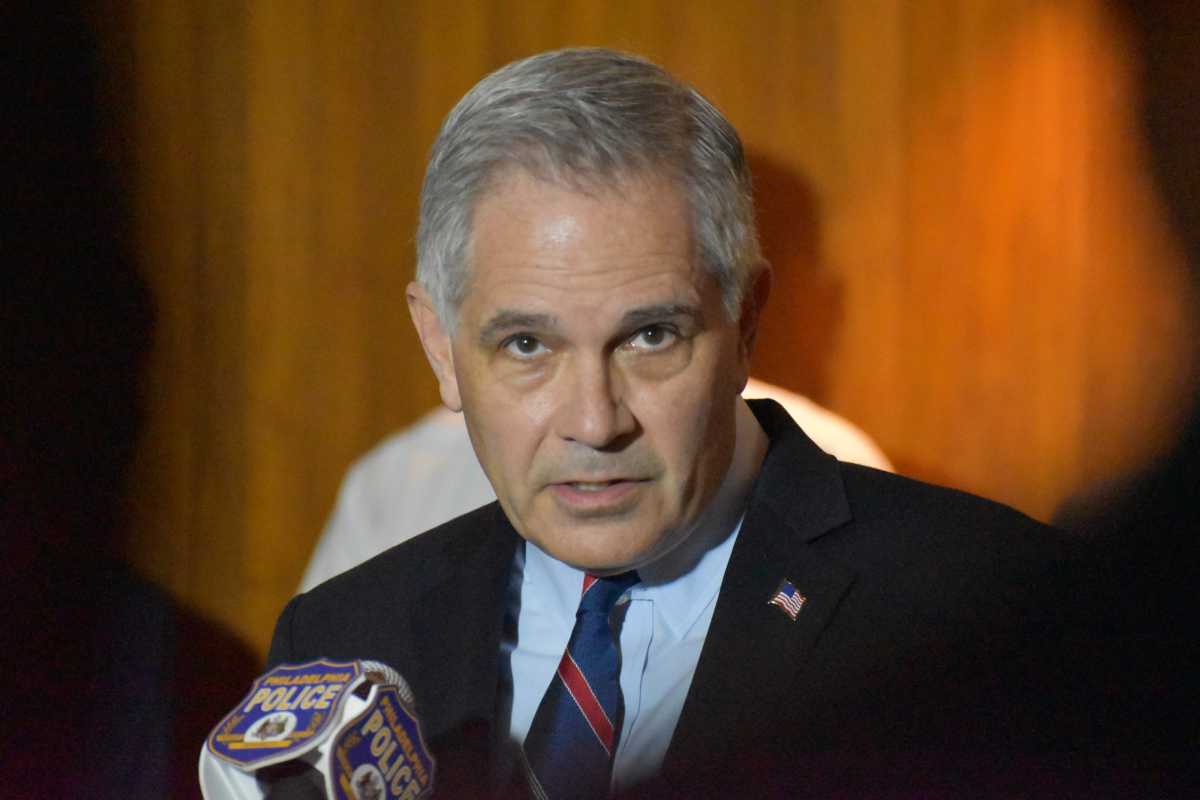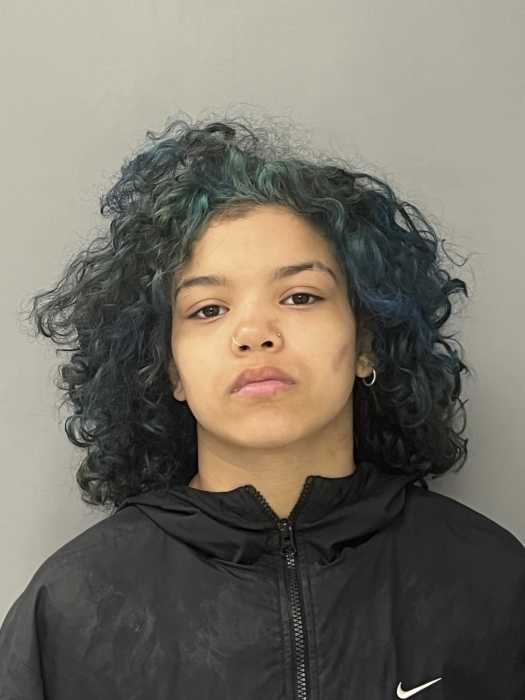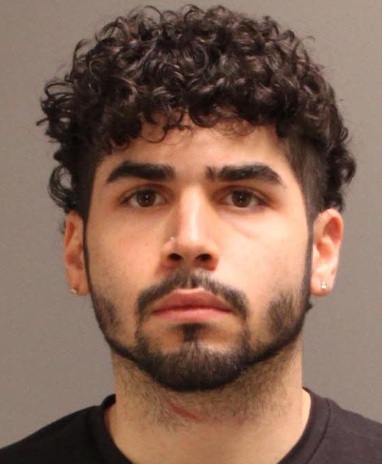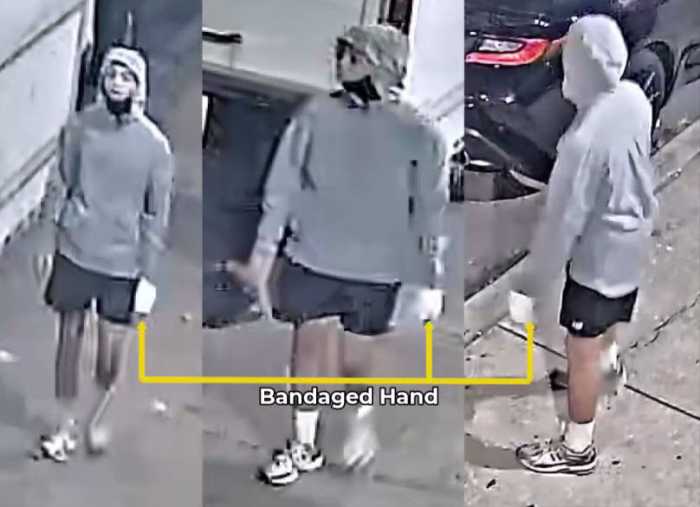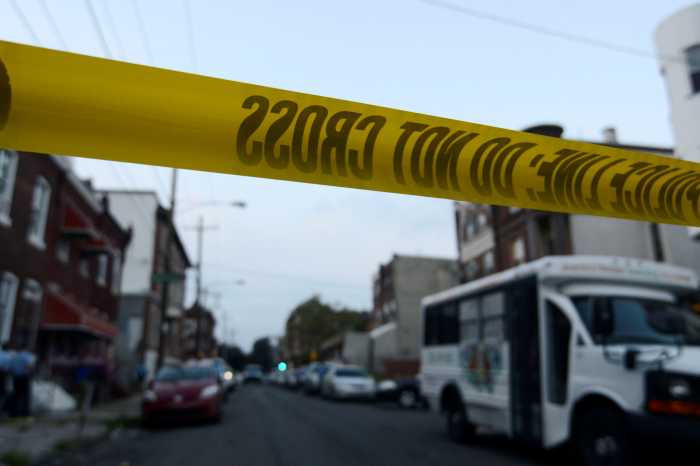District Attorney Larry Krasner said Wednesday that he wants to increase the use of cooperators, after a man facing charges of his own provided information that led to the arrest of more than a dozen South Philadelphia gang associates.
The tactic is often used in federal courts, Krasner said, with suspects flipping on their co-defendants in exchange for lighter prison sentences.
“They do it all the time. It’s something that they’re good at,” Krasner said. “But it has not been as much in the culture of the state court system in Philadelphia and in other counties.”
In order for the approach to be successful, authorities must protect and reward the informant, Krasner said at a news conference. The city must also invest more heavily in forensics, which investigators must use to corroborate testimony from someone defense attorneys view as a shaky witness, he added.
Done correctly, the informant can pinpoint members of their gang and opposing crews and help solve multiple shootings and homicides.
“We are here to try to shut down groups, not just to pick off a few of their members,” Krasner said.
His office highlighted the investigation into the murder of 15-year-old Rasul Benson, who was shot in October 2018 on the 2500 block of Passyunk Avenue in South Philadelphia.
A cooperator, identified by the Inquirer in a recent article as Nyseem Smith, helped provide information that led to charges in Benson’s killing and more than a dozen other shootings, said Assistant District Attorney William Fritze, head of the office’s Gun Violence Task Force.
Smith was actively involved in ongoing violence between a group based at 31st and Tasker streets and a crew at 27th and Dickinson streets that apparently began with a fight inside a juvenile facility in 2015, according to Fritze.
For his testimony, Smith agreed to a reduced sentence of 5 to 20 years behind bars for his role in a litany of violent crimes.
“I don’t love the idea of someone who’s been involved in a bunch of shootings looking at the possibility of parole at five years,” Krasner said. “But what I do love is all the other cases that were solved.”
The investigation into the gang war was complex, involving at least 17 statements from Smith, two grand juries, cell phone records and Instagram data, prosecutors said.
Fritze said Smith told detectives that a 27th Street member was shot by members of the 31st Street crew in October 2017 on the 7200 block of Mallard Place in Southwest Philadelphia.
Authorities, Fritze said, used license plate readers and cell phone data to identify the driver in that shooting as Khalid Harrison, who later pleaded guilty to Benson’s killing. Investigators confiscated his phone and were able to recover deleted text messages relating to other shootings, Fritze said.
Then, prosecutors turned their attention to a double shooting that occurred that same year on the 3100 block of N. 30th Street in Strawberry Mansion. During that incident, Markesha Hines-Washington, who was connected to 27th Street, lured members of 31st Street to the North Philadelphia location to be attacked, Fritze said.
Hines-Washington’s phone was recovered following an August 2018 shooting in South Philadelphia in which she was a victim, according to Fritze. Analysts pulled audio text messages from the device describing gang activity, helping them to pinpoint additional members of the groups, he added.
By the time of Benson’s homicide, some people associated with the gangs were turning off their phones when the guns came out because they knew or suspected investigators were tracking them.
Prosecutors conducted a search warrant on the Instagram account of 22-year-old Hanef Wilkins, going through more than 30,000 records, Fritze said.
He told reporters that analysts discovered a conversation between Wilkins and Harrison that showed the pair were meeting to drive to King of Prussia on the day of the shooting. Then, they used cell phone tower data to map the location of Harrison’s phone as they traveled back to South Philadelphia prior to the shooting, according to Fritze. The forensic evidence was used to back up Smith’s testimony.
“Our analysts are working overtime going through every phone, going through every Instagram account to find evidence to build these cases from the bottom up,” Fritze said.
Benson and Yameen Mofield, 21, were convicted last week of third-degree murder and other charges in relation to Benson’s killing. The pair are scheduled to be sentenced in October.
“This is a lesson in how to move forward,” Krasner said. “This is a lesson in how to solve these cases.”



